
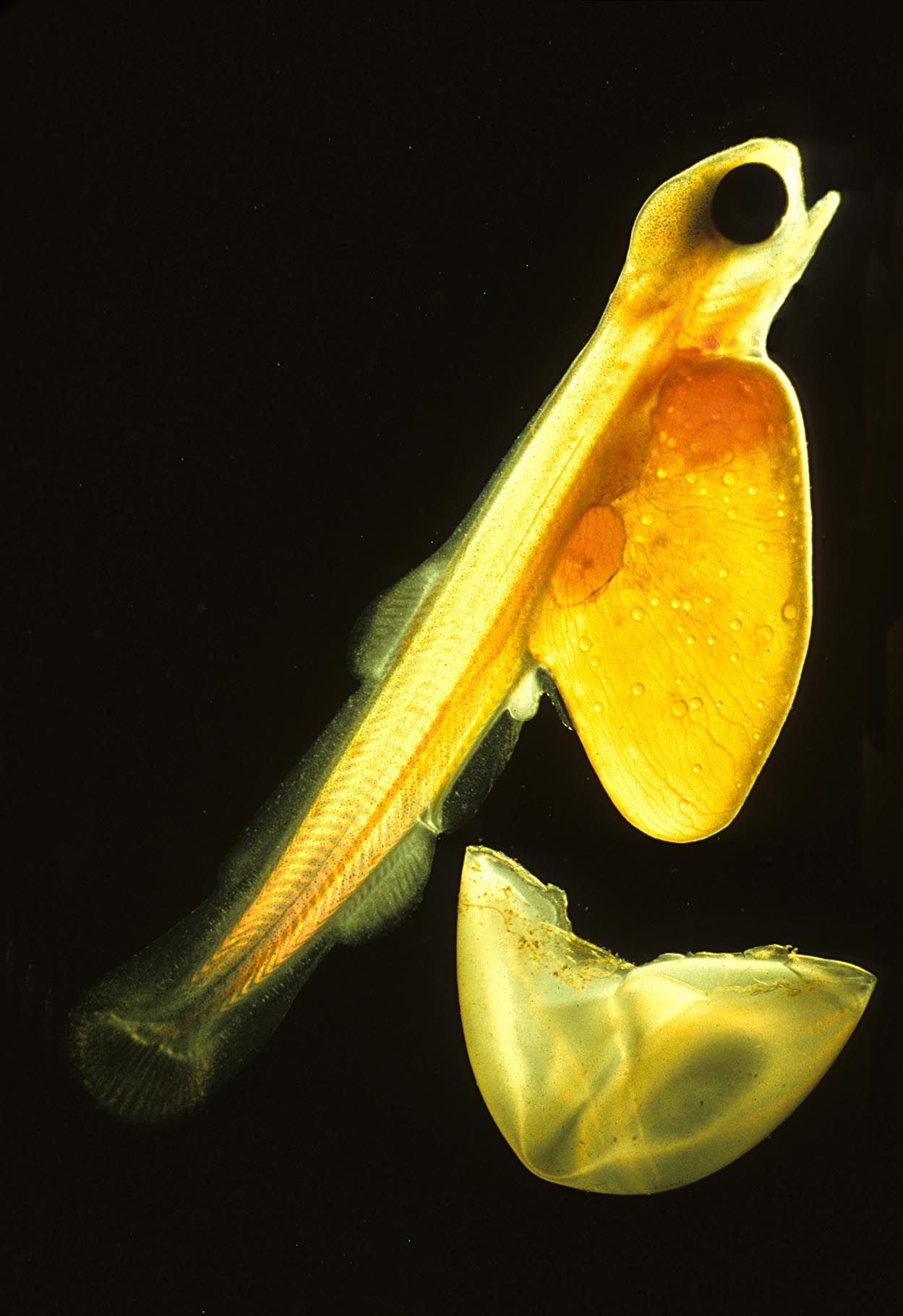

|


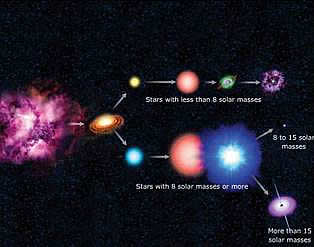
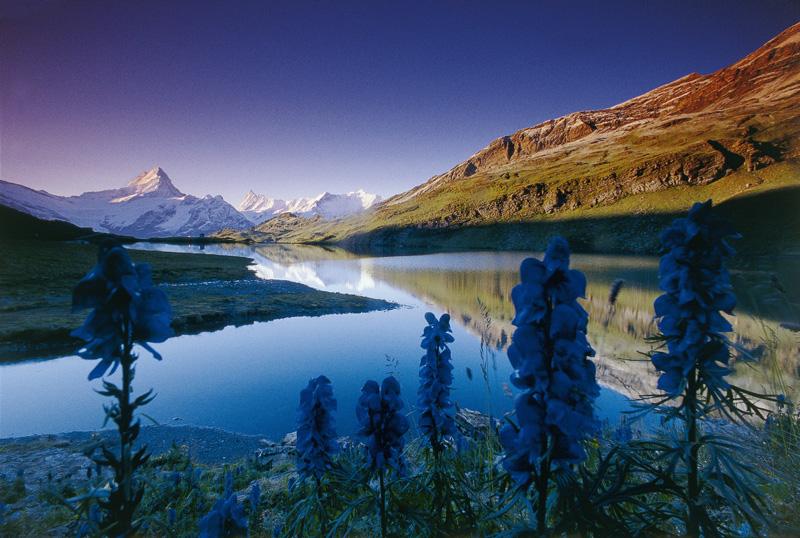


| sustainable model district Vauban |
| TAKE CARE OF IT (thoughts on how to achieve SDGs) |




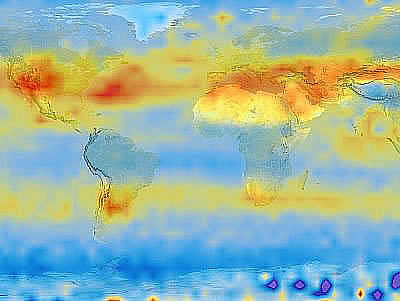
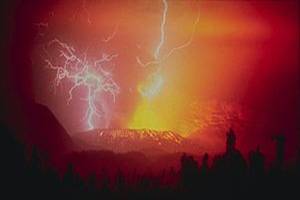
|
| Environment, in general, surroundings of an object or the natural environment, all living creatures occurring naturally on earth or a region of that, which comprises interaction: climate, nature, water. Coal, natural gas or oil for electricity, heating or transportation produces pollution (CO2) in the atmosphere. These daily emissions is the carbon footprint. |
| Today we face myriad challenges. Unprecedented material and technological achievements co-exist with unconscionable and in some
cases increasing poverty, inequality and injustice. Advances in science have unleashed remarkable powers, yet these very powers as presently wielded threaten to undermine the very future of our planet. Rapidly prosperity itself has become a source of instability and destruction when wantonly pursued without organizational safeguards for our collective well-being. No longer able to afford the luxury
of competition and strife based primarily on national, ethnic or religious interests and prejudices, we need urgently to acquire the knowledge and fashion the institutions required for free, fair and effective global governance rising expectations have increased
frustrations and tensions that threaten the fabric of global society.
The world is in need of guiding ideas, a vision, to more effectively direct our intellectual, moral and scientific capabilities for world peace, global security, human dignity and social justice says a papers series of the south-east European Division of the World Academy of Art and Science (SEED-WAAS). |
|
||
|
|
| DASHBOARD |
 |
 |
 |
|
 |
 |
 |
 |
 |
||
 |
|
|
 |
 |
 |
 |
 |
 |
| At the core of the current energy security and price crises sits an overdependence on volatile, imported fossil gas, oil and coal. It is time for all of us to take the necessary steps to strengthen Europe’s energy security and resilience by accelerating the green transition.
The case for action has never been stronger. The recent IPCC report has starkly laid out the choices that are facing us if we are to keep a 1.5°C compatible future in reach. It has demonstrated that we must replace fossil fuel bills and subsidies with investments in our economies. It has shown us that we should not build costly fossil fuel infrastructure that we will then have to phase out but instead we should invest in the infrastructure that can support a green transformation. |
| The 1972 United Nations Conference on the Environment in Stockholm was the first world conference to make the environment a major issue. The participants adopted a series of principles for sound management of the environment including the Stockholm Declaration and Action Plan for the Human Environment and several resolutions. |
| Measure the value of nature – before it’s too late |
| Why put a value on nature?
If we put a value on nature, then we will measure it. If we measure it, we can manage it. If we manage the value, we avoid destroying it. That is the problem we’ve suffered from for a hundred years. Since we did not take that value into account, we’ve treated nature as though it was free and limitless. We’ve been using it up without being aware of how much value we were losing. We have always measured economic progress in terms of the goods and services we produce and consume. That is gross domestic product or GDP. We never did that for nature. But nature provides services that have value, and we need to account for that value in measuring our economic progress. Accounting for both nature and the economy allows us to see how our economic activity affects nature, how the presence of nature affects us as a society and as a species, and how our activities could be changed so that we can achieve prosperity without damaging or destroying nature in the process. Why now? The consequences of ignoring nature are becoming more and more evident. We see the rising frequency of climate-related disasters. Weather changes are affecting agricultural productivity. Zoonotic diseases like COVID-19 are starting to affect us more and more. We have a rapidly closing window of opportunity to fix these problems. If we can better understand the scope of them, and how much damage we are doing, we can act now in a considered and rational way. If we wait until we are at the brink of catastrophe, we will be forced to adjust in a very rapid and painful manner. What does accounting for nature look like in practice? What does it measure? Everyone looks at a forest and understands that if we cut the trees down we can sell the timber and that has a value. But we also think of a forest as a place where we might like to take a walk or go camping. And that has a value, though we can’t put a market price on it. A healthy forest also produces all sorts of other services. It helps to regulate the climate and the hydrological cycle. It absorbs water from rainfall and prevents soil erosion. It filters water. We benefit from all of these services. We don’t see them. We don’t measure them now. But they are very important. And when that forest is cut down for timber, we lose those services. If we measure these services, we can make better judgments about whether it is a good thing to cut down the forest and sell off the timber, or whether we should maintain the capacity of the forest to continue providing ecosystem services that we depend on. Are there risks from putting a price on nature? We are not trying to put a price on nature. We are not putting trees and fish and clean water on the marketplace in terms of buying and selling them. We’re trying to assign a value to nature so we can fit that into what we do in our overall economic activities, and understand how we might affect nature. We can think in terms of a gross ecosystems product that allows us to understand that nature produces value that we want to have. |
| Will this kind of accounting make some countries richer – and some poorer?
It can go in either direction. It just depends on how assets are managed. If a country, for example, has a set of healthy forests and was to proceed to cut down all those forests, it would realize a monetary gain by selling the timber. But it would also realize a very substantial loss of ecosystem services. That country over time may very well end up being worse off. It may find that its overall stock of capital, which contributes to its future prosperity, may be lower because natural capital has been exhausted. |
| On the other hand, if we improve the health of our forests, then the value of benefits from nature can go up. Being aware of the value allows us to manage it better, and increase the benefits we draw from it.
We can also look at the relationship between countries. One can see if, for example, through trade, one country is running down its natural capital, and reducing the benefits it gains from nature, while another country may be able to preserve its value while importing resources. That sort of understanding can lead us to think about how we might want to manage such exchanges more effectively and more rationally to the mutual benefit of all countries. How might accounting for nature provide new insights on inequalities among people? Any activity with a negative impact on the environment is going to affect different groups of people in different ways. That will inevitably widen inequalities. For someone who earns their livelihood through interaction with nature, such as in agriculture, a degradation of the environment is going to affect that person far more directly and deeply than it would affect a person who doesn’t depend on nature for their livelihood. Taking account of nature will allow us to identify who benefits and how from the services that nature provides. And who would suffer and how if those services are no longer available. It also allows us to see how by making efforts to preserve and protect nature, we are in fact preserving and protecting the livelihoods and incomes of hundreds of millions of people who depend on nature. This is where we can start to formulate much more informed policies that can benefit groups that are otherwise disadvantaged. How can accounting for nature better support biodiversity protection? One of the reasons we can insist on climate action is that the nature of the problem is clear. We can put a number on how much global warming we can live with before we are really in danger of irreversible problems. We do not have that for biodiversity. The biodiversity of one ecosystem is entirely different to the biodiversity of another. So it is very hard to come up with one single number that can mobilize the entire world. If every country measures their ecosystems and the value they get from them, it will be much less important that there are differences between types of ecosystems. What will be important will be the value that human beings derive, and understanding what we need to do to protect them. That will give a great boost to the global biodiversity agenda. Many people realize climate change is a huge risk and that nature is under pressure. But the solutions seem daunting and expensive. Unless we manage the natural world around us better, we are destroying the very foundation of our life on this planet. Ignoring nature imposes costs that have been in the trillions and that have been going on for decades. We need only look at what has been happening in the United States in Texas with the cold spell and the tremendous economic and social damage that a strange weather pattern caused. Globally, we have 6.5 million premature deaths every year that are due to air pollution. 3 million of them are children. That is a cost that we incur every single year without batting an eyelid. Everything we do, costs. But we need to think of it not only as a cost but far more as an investment. Nobody would complain if we invest in a school or a hospital. They would think of it as an investment in health, in our society, in our future. It is exactly the same with investing in a healthy nature. That investment is always going to be a fraction of the real cost that we would have to pay if we allow our climate to get out of control, and if we allow biodiversity loss to continue unstopped. For many developing countries, a public debt crisis has been intensifying for a number of years, and now may get worse due to the pandemic. What do you think of recent proposals to scale up debt-for-nature or debt-for-climate swaps? These mechanisms have existed for some time. Some have been done with considerable success. But now we are approaching a crisis on both sides. On the debt side. And on the nature and climate side. There is tremendous potential for action that brings the two together, especially in countries that might otherwise not have resources for the types of programmes on nature and climate that we need to see. In general, we need to look more actively for solutions that allow us to make progress on more than one front at the same time. What’s the most important thing that people everywhere need to understand about accounting for nature? If we continue to allow economics to dominate everything else we are on a fast track to disaster. We can change things, not easily, but we can. Being informed is the best way of making the right choices. What is absolutely critical is that we do not allow the debate around biodiversity protection or climate action to be dominated by those with loud voices who want to preserve the status quo because of vested interests. Those who pretend that biodiversity loss is not an issue – they are not telling the story as it is. We need to bring the evidence out. We need to show people what is actually happening. And we need to give them the perspective that we can fix this because we have the tools and now the information to best use those tools. Will accounting for nature make more economists see the light beyond GDP? There have always been prophets in the wilderness who have pointed out that there is more to life than just GDP. But what is going to drive a much faster pace of change is that business is changing. Five years ago, ESG investing – environment, social and governance-based investing – was a little niche that a few specialized firms would do off Wall Street. Now, the biggest investors are concerned about that. Environmental and social issues are becoming central to business models that companies are using and that investors are looking at. Central banks and financial regulators are asking what kind of information companies and financial institutions should report to give a clear sense of where they stand on ESG. All of this means that accounting for nature will become much more important. I think we will see a very rapid change in the economics profession because it will have to adjust and align itself to the reality around it. We can no longer afford to focus on GDP if nobody is listening to us. (Elliot Harris, Assistant Secretary-General for Economic Development and Chief Economist of the United Nations) |
|
| NATURE | ENERGY | POLLUTION |
In the broadest sense, nature is equivalent to the natural world, physical universe, material world or material universe. "Nature" refers to the phenomena of the physical world, and also to life in general. Nature is also generally distinguished from the supernatural. It ranges in scale from the subatomic to the galactic. Within the various uses of the word today, "nature" may refer to the general realm of various types of living plants and animals and in some cases to the processes associated with inanimate objects – the way that particular types of things exist and change of their own accord, such as the weather and geology of the Earth, and the matter and energy of which all these things are composed. |
|
Energy is any material that is burned or altered in order to obtain energy and to heat or to move an object. Fuel releases its energy either through a chemical reaction means, such as combustion, or nuclear means, such as nuclear fission or nuclear fusion. An important property of a useful fuel is that its energy can be stored to be released only when needed, and that the release is controlled in such a way that the energy can be harnessed to produce work. Examples: methane, petrol and oil. Buildings (heating, airco, bulbs, etc) and transport together makes more of 60% of energy consumption. |
|
Only the international community can shoulder the responsibility to do their bit to reduce emissions of greenhouse gases in order not to upset nature.
Climate experts were consulted on the steps to be taken to put in place a binding climate protection agreement as of 2012.
A so-called Bali roadmap was designed to lay out the salient points to be negotiated
and a time schedule for negotiations.
One thing is, however, already clear. Negotiations for the new agreement must be wound up by 2009, to ensure that there is no gap following the expiry of
the first commitment period of the Kyoto Protocol. "Time is of the essence, because the international climate council tells us we must halve CO2 emissions in the long term – by the middle of this century,” This is such an enormous task that the international community can only solve it together. Survey how an American multinational conglomerate corporation innovation builds, powers, moves & cures the world. A central theme of the international climate change negotiations as well as in the Rio+20 Conference is now green growth. In the EU, the Europe 2020 strategy has identified green growth as a fundamental pillar of EU economic policy. In the most recent edition of Intereconomics a joint CEPS and ZBW (Leipniz Information Centre for Economics) special Forum on Green Growth takes stock with short authoritative articles of the discussion and examines the theoretical, empirical and political aspects of green growth and employment. |